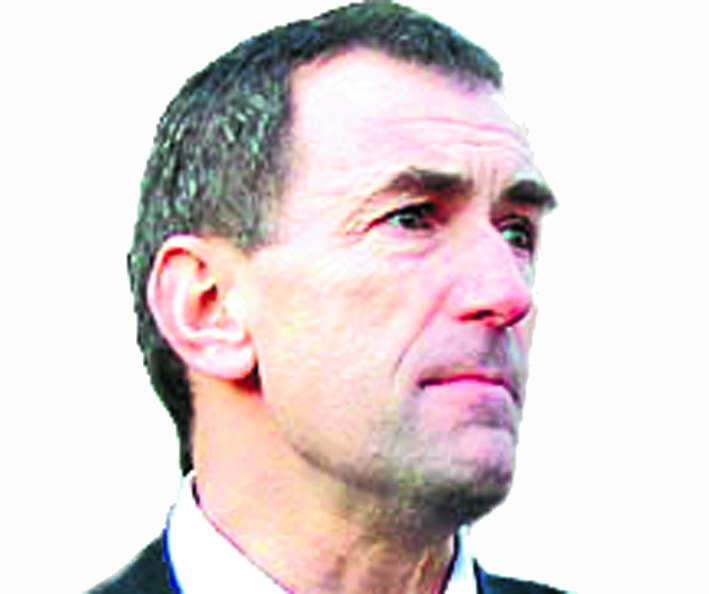Labour prospects in May elections may be irrevocably damaged by Birmingham Council’s costly refusal to settle the year-long dispute, warns STEVE WRIGHT
LEAKED papers from the EU-Latin America (Mercosur) trade negotiations have set alarm bells ringing.
The EU offer to allow an extra 70,000 tons of beef imports a year is worrying because of the absence of any environmental standards or (enforceable) “precautionary principles” (about food safety) attached to it. We’ve been here before.
Earlier this year the scandal about Brazilian “rotten food” triggered an international ban on their beef and chicken exports. China, Japan and Hong Kong led the way, with the EU being not far behind.

From summit to summit, imperialist companies and governments cut, delay or water down their commitments, warn the Communist Parties of Britain, France, Portugal and Spain and the Workers Party of Belgium in a joint statement on Cop30





 Latest editorial
Latest editorial









